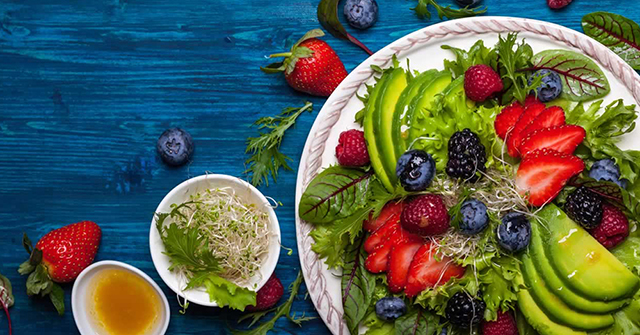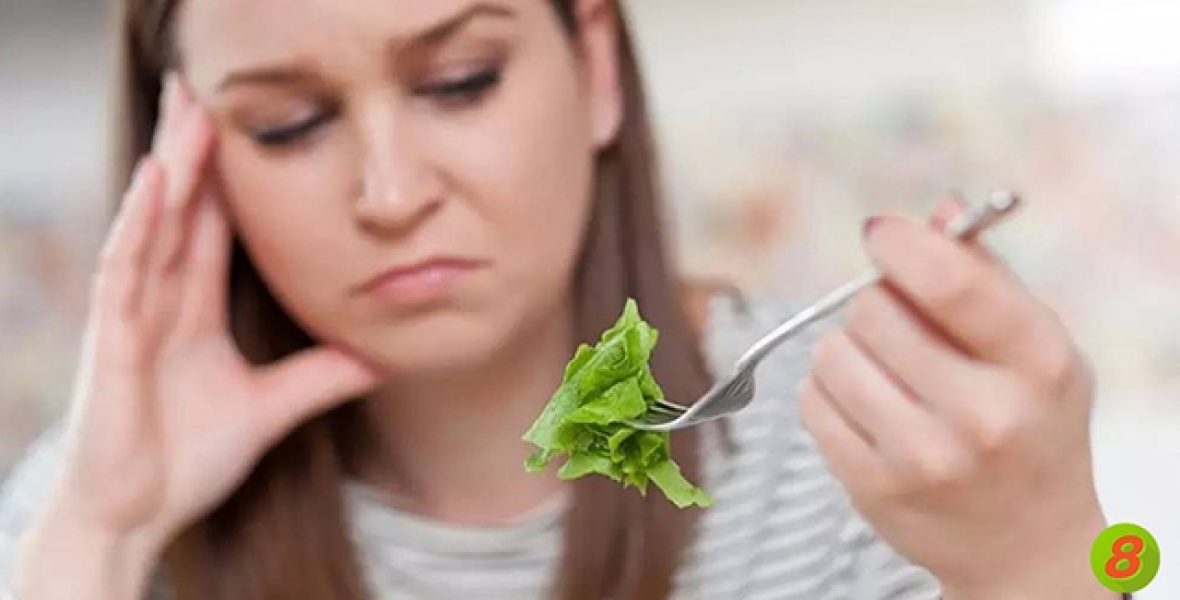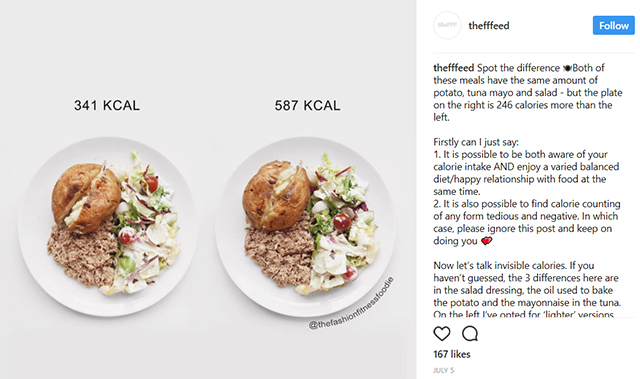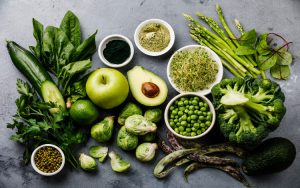Food is such a powerful tool for your health. That is why we find it so frustrating that there are lingering food myths that misinform you. We don’t want you to fall prey to these food myths so today we have debunked 5 food myths so you can eat with the power of nutritional knowledge.
Food myth 1: Carbs and Gluten are the enemy
We often blame carbs for making us fat. But are they really the enemy? Jaclyn Reutens, Active8me expert and Aptima Sports and Nutrition Consultants dietician says that this is one of the big food myths that is simply not true. She recommends “Eaten in the right quantities and as part of a balanced diet, carbohydrates will not lead to weight gain, it actually leads to weight loss.” Wholegrain carbs with a low glycaemic index (GI), such as oats help keep you fuller for longer. The gradual rise of blood sugar levels from low GI foods helps control your appetite and hunger pangs. This means you’re reaching for snacks less often.
Jaclyn is quick to point out “The correct way of phrasing it should be TOO MUCH carbs will make you fat. It’s all about the quantity.” Carbs make up an essential part of any balanced diet, providing both instant and longer lasting energy according to their glycaemic index (GI) rating. As for gluten, just because something is gluten-free, doesn’t mean it is healthy. Unfortunately, many gluten-free products have large amounts of added fat and sugar. It is one of those food myths that comes from playing on peoples vulnerabilities. So, if you don’t have a medical reason to follow a gluten-free diet, there is no benefit.
Food myth 2: Salads are always healthy
Salads are awesome. But among that leafy green goodness are hidden little nutrition traps. Gone are the days of the boring old garden salad. The modernised salad comes in so many varieties, with trendy cafes having up to 15 or more different salad mixes, making healthy eating a feast for your eyes and your stomach. So what are the food myths or traps here?
Surely if you go on a salad-only regime you will lose weight? Jaclyn explains “If you top your greens with delightful amounts of creamy dressing, the calorie content is going to sky rocket. A typical Caesar salad can have up to 700 calories with half of it from fat.” The other issue is forgetting to add adequate amounts of carbohydrate and protein to your salad. Jaclyn cautions “An unbalanced meal causes fluctuations in your blood sugar levels and can lead to unwanted snacking.”
So, be smart about eating salads. Add in high fibre carbs like quinoa, brown rice, sweet potato, pumpkin and lean protein foods such as grilled salmon, chicken breast or some chickpeas. Then sparingly drizzle your dressing atop and enjoy without worries!
Food myth 3: Sugar will be the death of you!
At Active8me we believe the hype around sugar has become one of the most confusing food myths. Sugar is a broadly used term to define sweet, soluble carbohydrates. They can be naturally occurring, such as fructose found in fruits and vegetables. Or they can be highly processed in the form of sucrose, also known as white table sugar.
We can understand the scare tactics around sugar, as the increased consumption of processed foods is directly linked to the increase in lifestyle diseases such as diabetes, so it’s not a total food myth. However, your body metabolises all sugars (whether they are natural or processed) the same way, breaking them down to glucose to use as energy. If you eat too much sugar (or too many calories in general) you will store the excess as fat.
The issue lies with processed sugar (sucrose and high fructose corn syrup) being added to many processed foods in alarming quantities, often beyond necessary for your energy needs. Meaning, you overeat sugar and store it as fat. So, yes, eating regular and excessive amounts of highly processed foods that contain sugar (as well as other additives, preservatives and fats) will more than likely lead to health problems. It is why we certainly don’t advocate eating cake and drinking soda as part of your everyday diet.
BUT, you shouldn’t treat all sugars as equal by unduly cutting out fruits and starchy vegetables, as the ‘I Quit Sugar’ trend suggests. This can be one of the dangerous food myths, as this cuts out essential vitamins and minerals. Not all sugars are evil. Aim to satisfy your sugar hit by eating more whole foods and less processed foods and you will find you feel fuller for longer, eat less overall and probably not die from sugar overload!

Food myth 4: Certain foods will make you burn fat
Ahhh, the magic pill of food myths where particular foods make your body torch fat. As much as we would love for it to be this easy, it is simply not true. Jaclyn says “No foods can burn fat. Fad diets, such as the grapefruit diet require you to eat half a grapefruit at every meal with protein foods to reap the benefits of the fruit’s so-called fat-burning enzymes. So, while grapefruit has no fat, it does not make you burn fat. It’s just impossible.” Fad diets often play on you wanting a quick fix to a problem that has been growing over some time, such as unhealthy habits that have led to weight gain.
Unfortunately, as Jaclyn warns “Fad diets often lead to nutrient deficiencies and may make you dangerously undernourished, which will directly affect your immune system and impact your overall health.” No food will make you burn fat, but ensuring you have balanced meals of carbohydrates, protein and fat will satisfy your nutritional needs and your appetite. This way, you are less likely to overeat or look to replace missing nutrients through excess snacking.
Food myth 5: Organic food is more nutritious
Food labelled as organic refers to the way the food is grown, handled and processed. Organic practices are designed to protect the environment and avoid chemical contamination of fresh produce. That’s a good thing! However, as Jaclyn points out “There is not sufficient evidence in medical literature to support claims that organic food is safer, healthier or more nutritious than conventionally grown food.” It is more important to consume a variety of fruits and vegetables rather than worrying whether they are organic. Organic is good, but until there is more scientific evidence to support the additional nutritional claims it remains in the ‘food myths’ category. So avoid blindly accepting that organic food means it is automatically more nutritious.
It’s time to ditch the food myths. The more you know about food and nutrition, the more proactive you can be with your health. We want you to be informed and empowered to live a healthy, active life. That means not falling for many of the food myths out there! 5 food myths down and no doubt many more to go …














